[quote=“Feynman, post:10, topic:5727, full:true”]
Once listening to this piece (for the nth time) I thought “this was the equivalent of a rock concert of it’s day … massive ‘stacks’ of instruments, loud and thrilling”. These organs are also massive, technically complicated instruments for a pre-electronic era. [/quote]
Actually, more large-scale acoustic pipe organs, even tracker-action, exist today that ever, and are still being built and installed throughout the Western world – from San Francisco to Sidney, but even in China and Japan. Cameron Carpenter’s “International Touring Organ” (that he plays here) is actually, as you probably know, a “virtual” pipe organ – every individual sound (pitch and register-”stop”) is a recording, in extreme hifi, of actual physical organ pipes “speaking”, stored digitally and then accessed and combined using state-of-the-art high-speed multiprocessing, not to mention 20,000 watts or so of amplifiers and a huge battery of speakers (not unlike roc-concerts). I’ve witnessed him playing that instrument live, in fact in a concert, last year, in San Francisco, where he ended the program with this Passagalia & Fugue in c. It wqs a s/w cleaner performance than this youtube one, and impressed me no end, as the program was not
pre-announced, and that particular piece might well be the one I’d elect to have on hand at the only piece of music on a proverbial isolated desert island.
(Disclosure: I played pipe organ starting about age 12, and seriously continued that study expressly in order to play the complete Bach repertoire. Having done so, I don’t dwell on it a lot now-a-days, but occasionally go back to it, albeit vicariously now.)
[quote=“Feynman, post:10, topic:5727, full:true”]
Which brings me to ask: what does the EBT say about ‘indulging’ in the eros of music? I recall instructions about idle speach about music and musicians among other entertainments.[/quote]
Exactly. Even “classical” music can be entertained in an extreme of piti-type experience – thrilling, and where does it leave you afterwards? On the other hand, outstanding examples of music (Western-classical type, as in my limited experience) can also have a kind of profound
mental-spiritual dimension, where one can recall the whole of the piece, independently of the process of listening through it in time; to my mind, a level of “insight” – especially with reference to some larger scale, “multi-media” (“Gesamtkunstwerke” in Wagner’s term) works like some operas, cantatas, the Bach “Passions”, etc.
Also, the Passacaglia, as well as Bach’s Chaconne in d-minor (from a violin suite), have the peculiar quality of being “meditations” on a constantly recurring theme (a cantus firma ‘chant’, if you will).
There’s also the dimension in which the bulk of Bach’s music is liturgical, delving the depths of religious experience, as distinct from more mundane entertainment. For instance this chorus is, to my mind, a quintessential statement of ‘anicca’:
BWV
26 “Ach wie flüchtig, ach wie nichtig is der Menschen Leben…”
Ach wie flüchtig, ach wie nichtig ist der Menschen Leben!
(Oh how fleeting, oh how nothingish is human life!)
Wie ein Nebel bald entstehet und auch wieder bald vergehet,
(Like a fog suddenly appears and then suddenly disappears,)
so ist unser Leben, sehet!
(So are our lives – Dig (see) it!)
Then too, there’s the matter of chant: what is it that can make a profound difference between just reading the text and listening to the chanting of, for instance, the Karaniya Sutta or the Rattana Sutta?
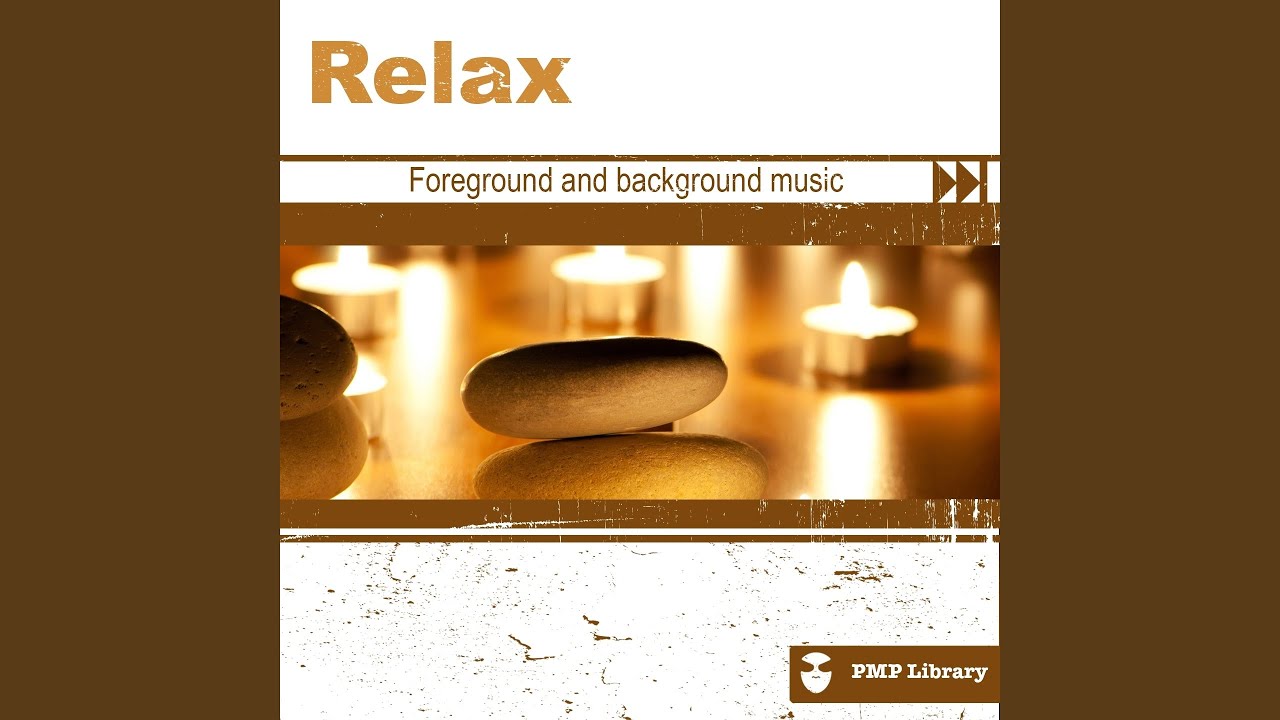
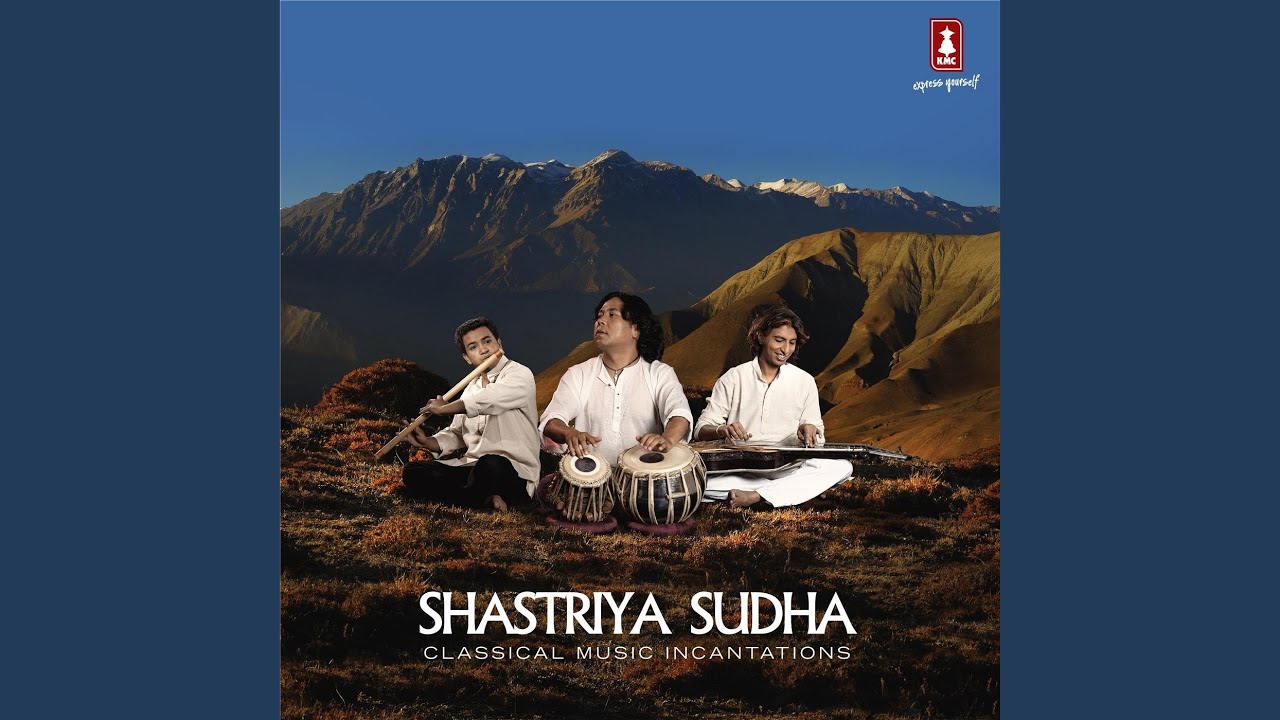
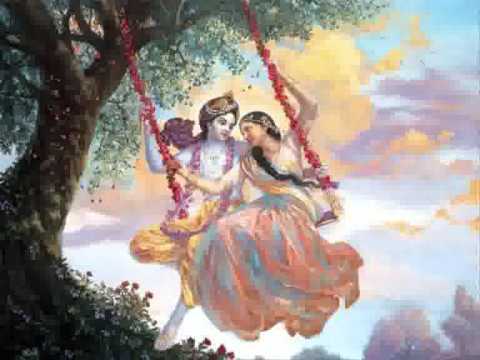
![[Notre-Dame] Passacaglia and Fugue in C minor](https://scdd.sfo2.cdn.digitaloceanspaces.com/uploads/original/3X/2/5/25b401692b6573daa44723105665acd5532ed849.jpeg)
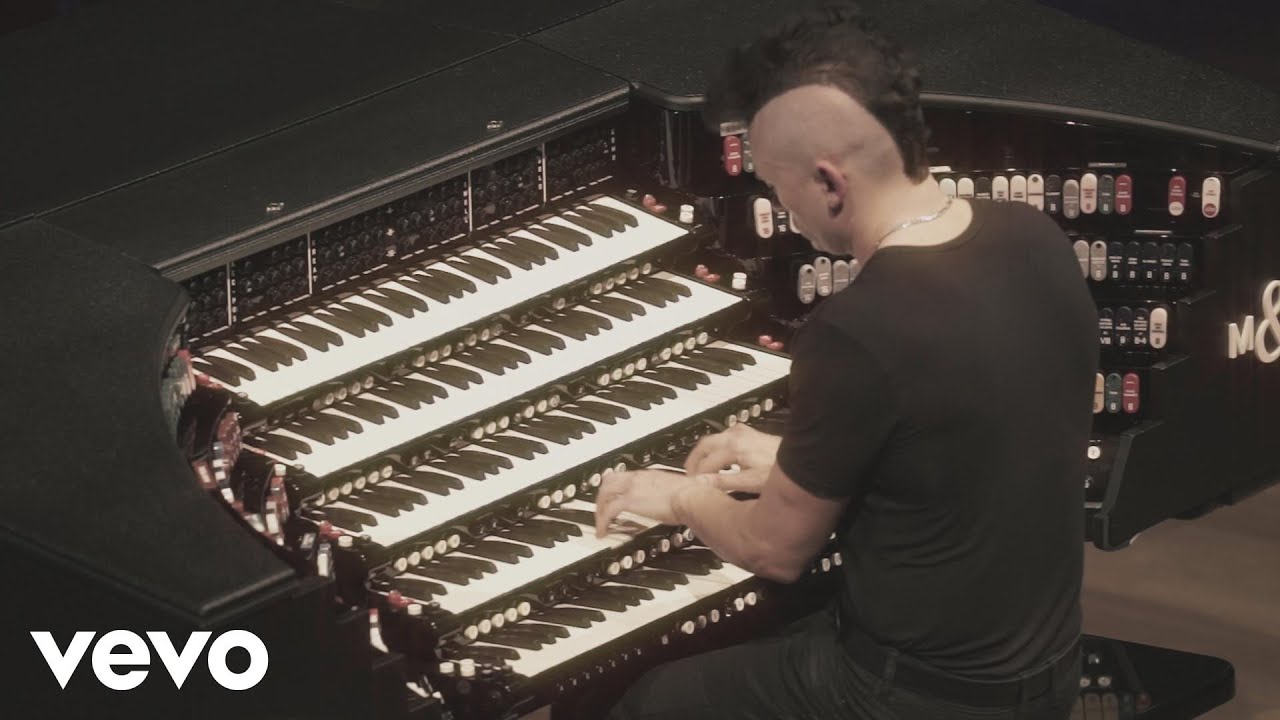
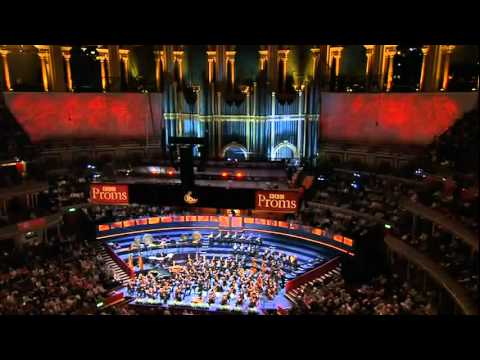
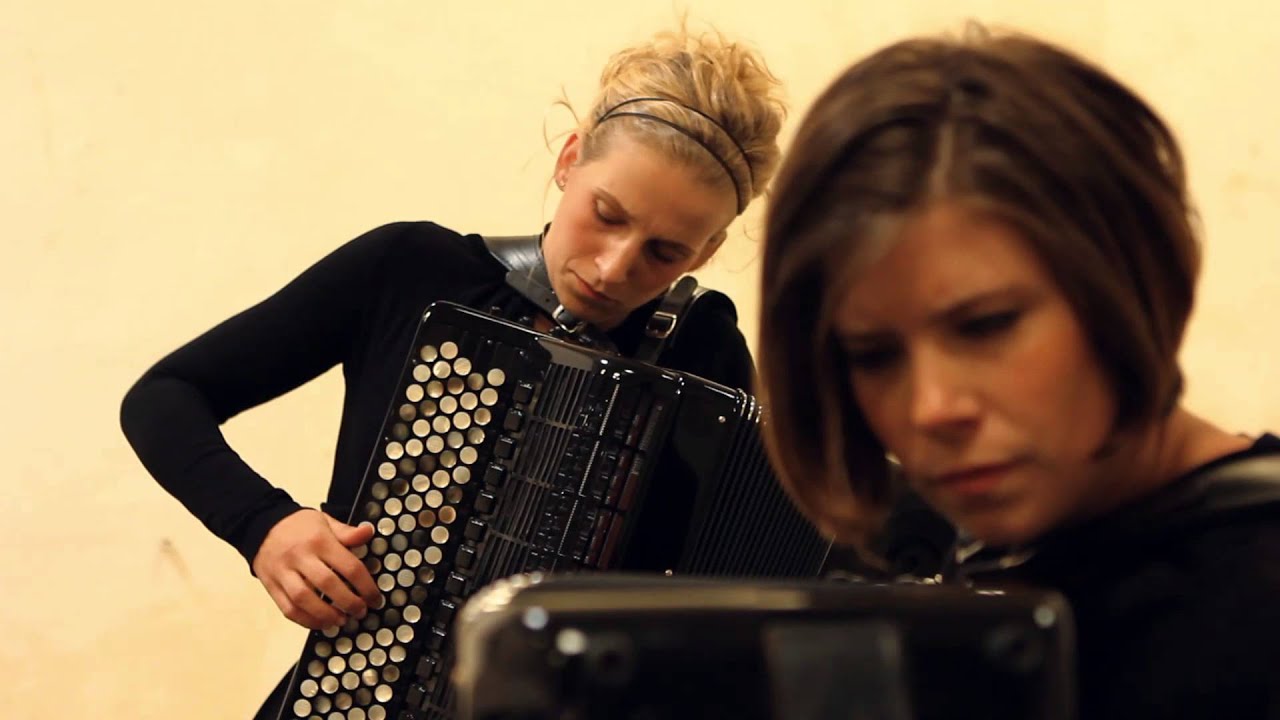

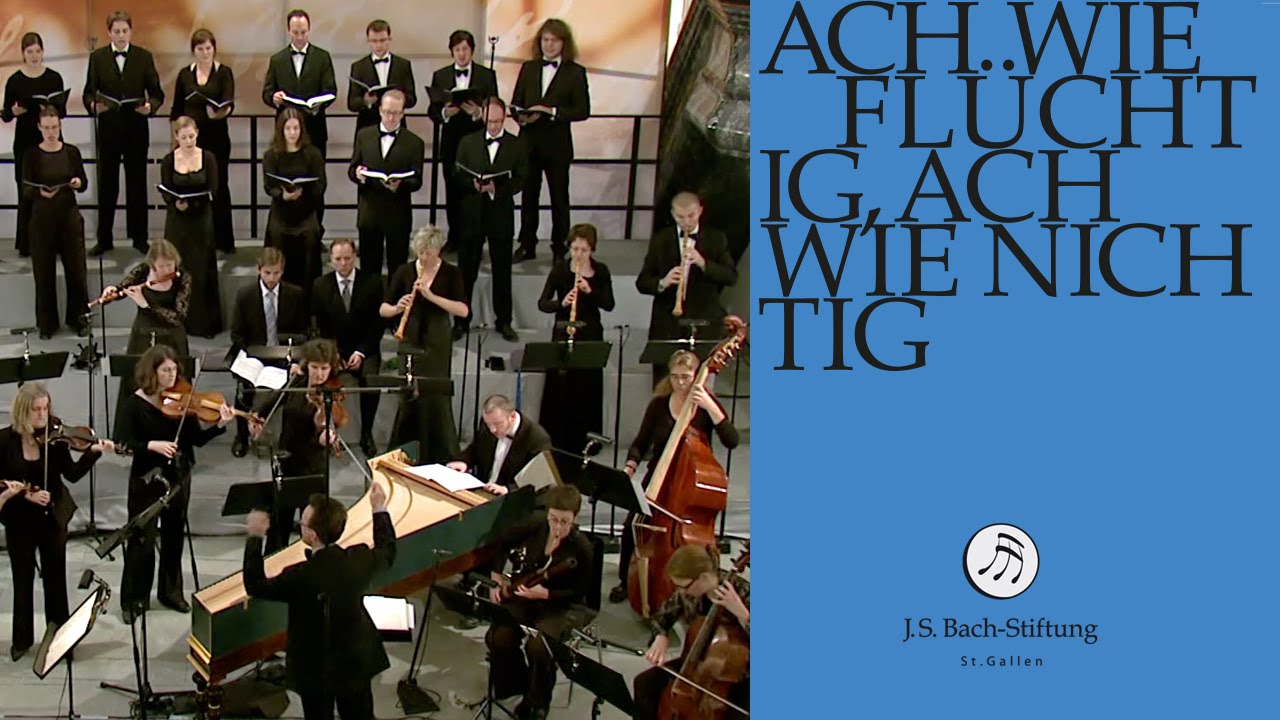
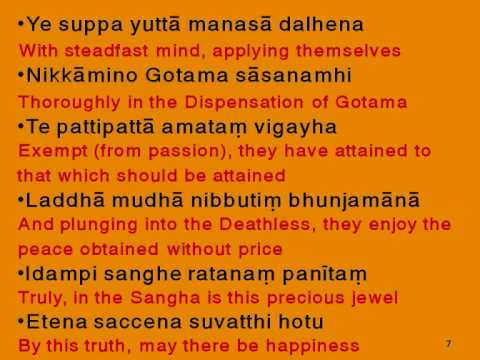
![GALA - Freed from desire [Official Video]](https://scdd.sfo2.cdn.digitaloceanspaces.com/uploads/original/3X/7/d/7d96134e071297e68d526d155cfea87fc792cdc9.jpeg)
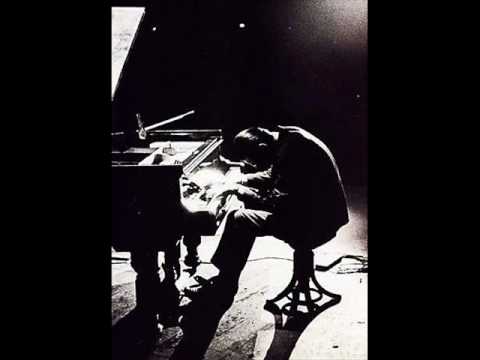
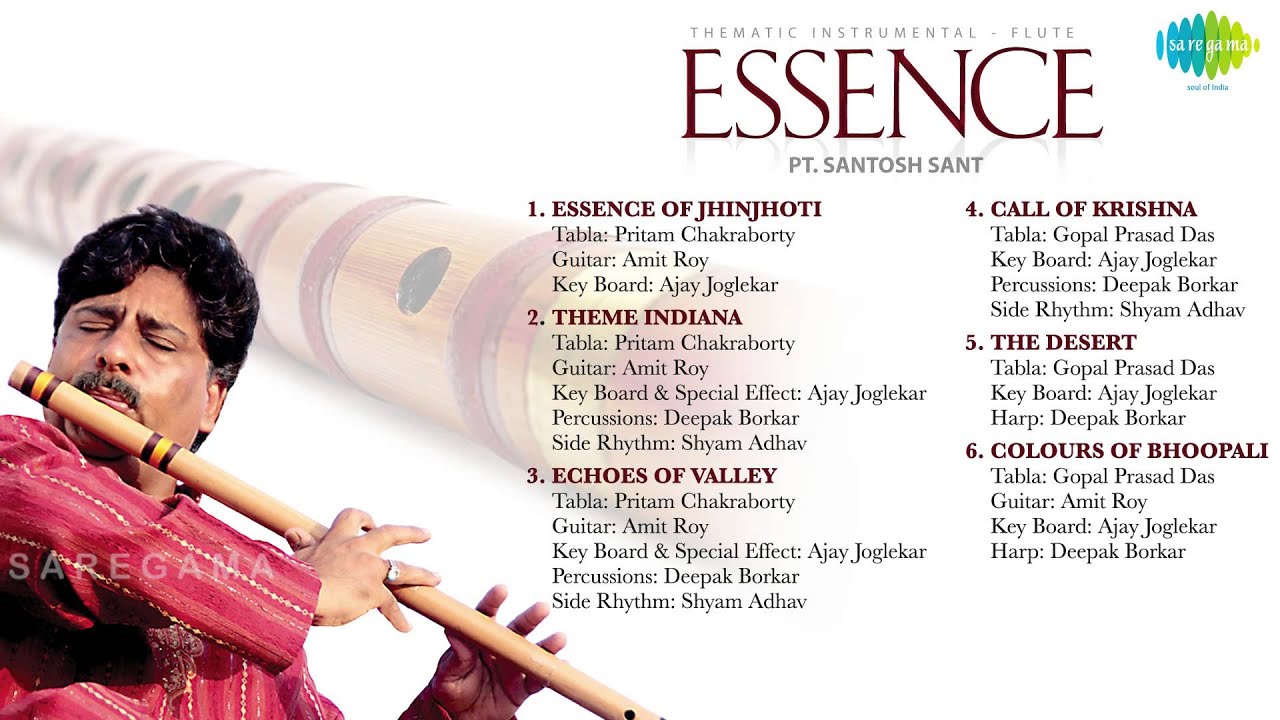

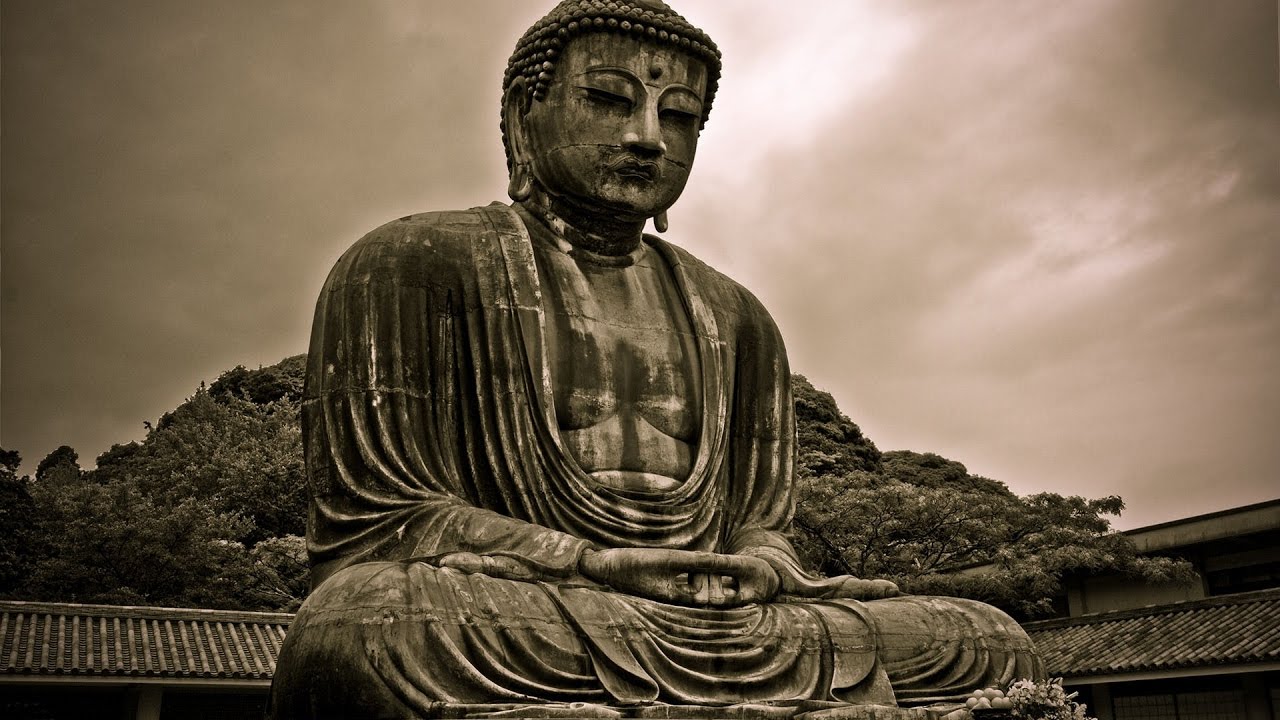
![Two Steps From Hell - Victory [WT, WoT, WoWs, WoWp Cinematic Music Video]](https://scdd.sfo2.cdn.digitaloceanspaces.com/uploads/original/3X/a/d/adfd01d241e970dda5369caa21f404e59d19d095.jpeg)